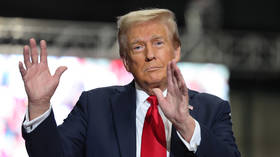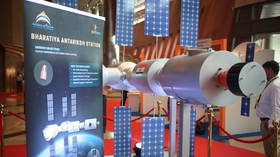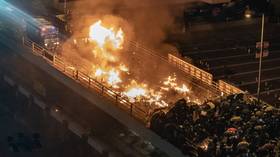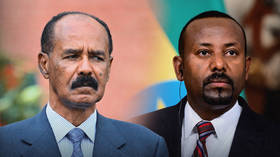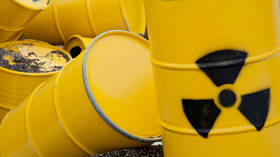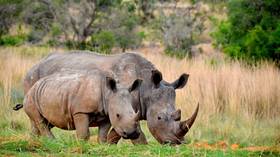Russia rubbishes Trump’s nuclear arms claim
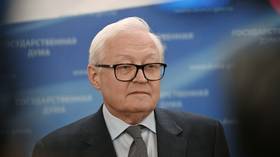
Russian Deputy Foreign Minister Sergey Ryabkov has denied a claim that Moscow, Beijing and Washington were at one point close to reaching a denuclearization agreement, a claim made earlier this week by former US President Donald Trump.
“No, that is not true. It is well-known that attempts by the Trump administration to put a Chinese delegation at the negotiations table with us [Russia and the US] did not end in a success,” the official said on Thursday.
Any hypothetical nuclear reduction talks will have to involve “nuclear allies of the US, meaning the UK and the French Republic, which, naturally, showed no desire to join the negotiations too,” Ryabkov added.
Trump, who is running for a second term in office, has regularly raised –on his campaign trail– the existential threat posed by nuclear weapons. In an interview with comedian Andrew Schulz posted on X on Wednesday, the Republican candidate claimed that Russia, the US and China were “close to a deal for getting rid of nuclear weapons,” with “everyone else” potentially brought into it at a later time.
The US under Trump pulled out of a number of nuclear-arms-related agreements, including the bilateral Intermediate-Range Nuclear Forces Treaty (INF) with Russia, which it quit in 2018. Washington accused Moscow of violating its terms but Western press reported that the US was concerned that the agreement imposed no restrictions on its rising strategic rival, China.
The INF treaty used to ban the US and Russia from developing and deploying certain types of land-based nuclear-capable missiles. It was signed in the late 1980s and was meant to prevent an accidental nuclear war.
The scrapped weapons had flight times of mere minutes, which gave the rival sides of the Cold War a very short window to decide whether to disregard a detected launch as a false positive or to order retaliation, before any incoming weapons reach their targets and the ability to respond is diminished.
New START, the last surviving US-Russian bilateral agreement on nuclear reduction, is set to expire in 2026. Ryabkov told journalists that Moscow sees no basis for talks about its prolongation, or any other issues of strategic stability, as long as the US maintains its hostile policy towards Russia. This will remain the case “regardless of who becomes the next president of the US,” he stressed.
